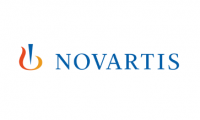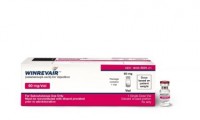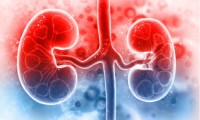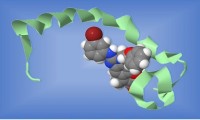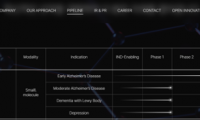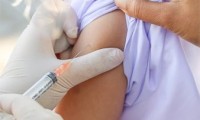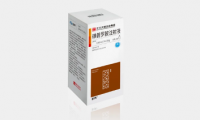-
Beijing Municipal Party Secretary Yin Li Met with Novartis Global CEO Wansheim
- Source: drugdu
- 334
- March 29, 2024
-
LifeArc provides £750,000 fund for clinical trial to treat neuroferritinopathy
- Source: drugdu
- 389
- March 29, 2024
-
PhaSER Biomedical and the Sanders TDI partner for clinical drug discovery research
- Source: drugdu
- 561
- March 29, 2024
-
Merck Drug for Heart and Lung Disorder Wins a First-in-Class FDA Approval
- Source: drugdu
- 482
- March 28, 2024
-
Viking Therapeutics Reveals Positive Results from Oral Obesity Drug
- Source: drugdu
- 521
- March 28, 2024
-
New Genomic Method Helps Diagnose Patients with Unexplained Kidney Disease
- Source: drugdu
- 210
- March 28, 2024
-
Fluid Biomarker Test Detects Neurodegenerative Diseases Before Symptoms Appear
- Source: drugdu
- 328
- March 28, 2024
-
$770 Million! AriBio authorizes Marketing Rights for a Drug to Treat Alzheimer’s Disease in China
- Source: drugdu
- 336
- March 28, 2024
-
EU recommendations for 2024/2025 seasonal flu vaccine composition
- Source: drugdu
- 678
- March 28, 2024
-
Another Chiatai Tianqing’s contrast agent, iopromide injection, was approved for marketing
- Source: drugdu
- 366
- March 28, 2024
your submission has already been received.
OK
Subscribe
Please enter a valid Email address!
Submit
The most relevant industry news & insight will be sent to you every two weeks.

